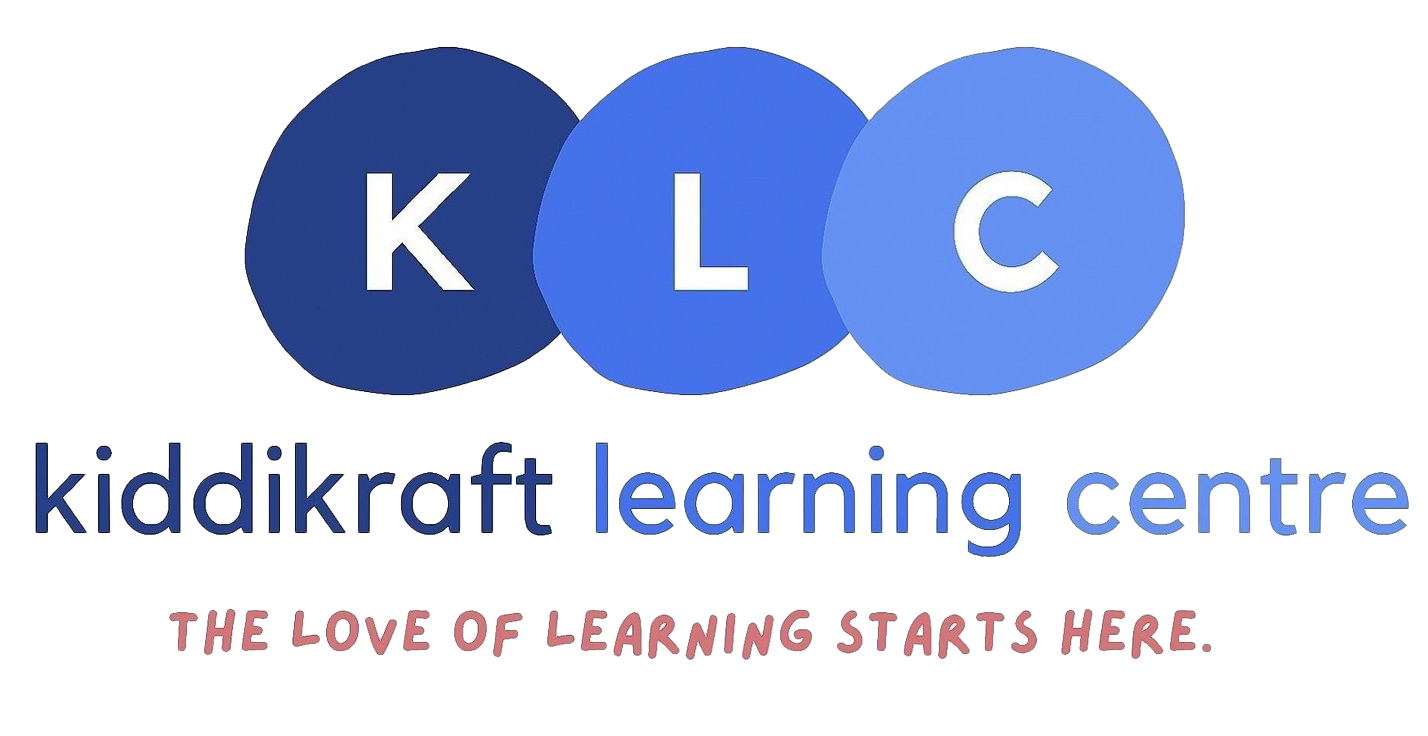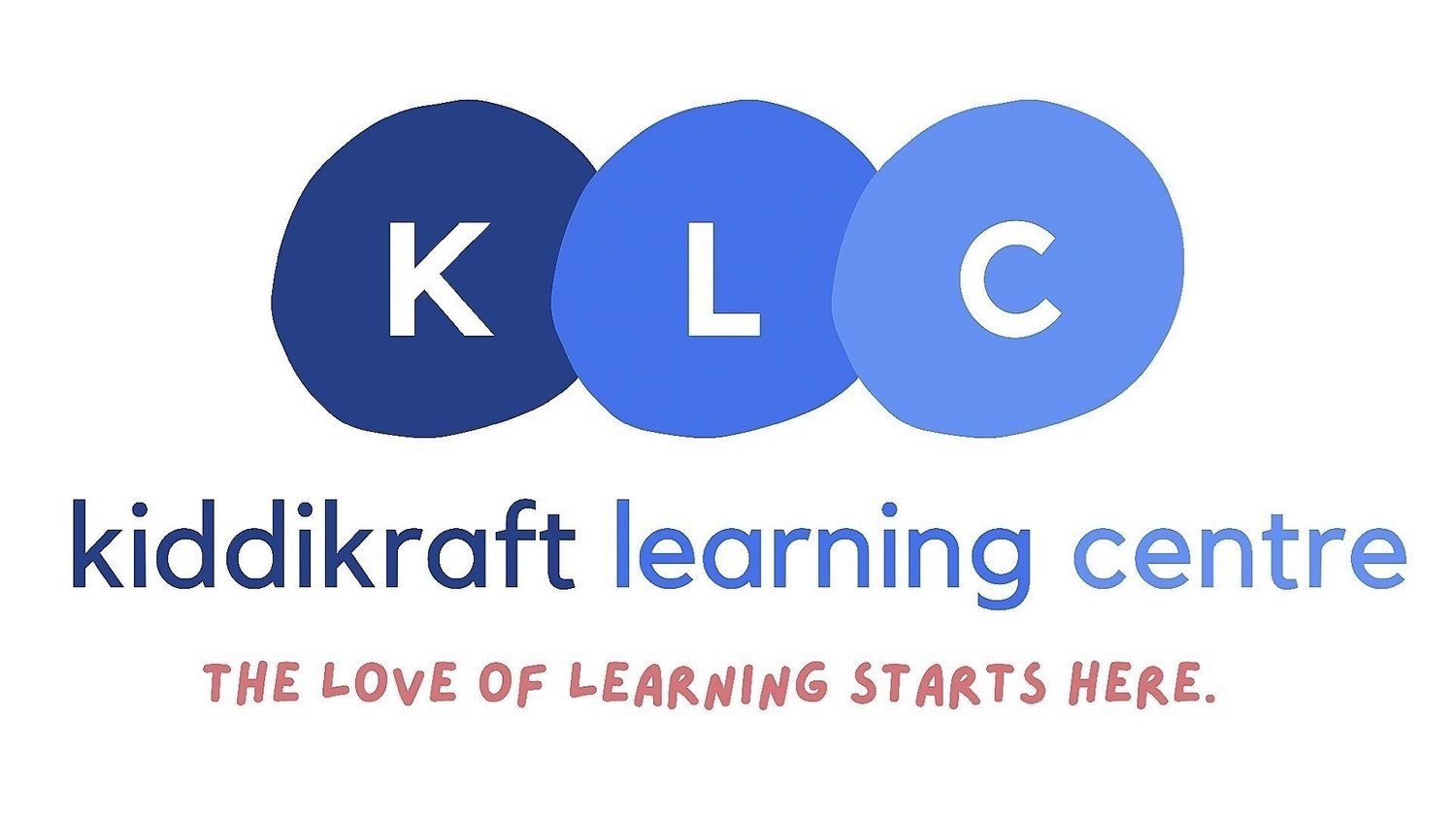Encouraging Cultural Appreciation: Embracing Diversity
Introduction:
Encouraging cultural appreciation is essential for helping children develop respect, empathy, and understanding towards people from different backgrounds and cultures. By fostering an appreciation for diversity and multiculturalism, parents can help their children become global citizens who value and celebrate the richness of human diversity.
Exposing Children to Diversity:
Expose your child to diverse cultures, traditions, and perspectives through books, movies, music, food, and cultural events. Encourage them to learn about different cultures and customs, and to appreciate the beauty and uniqueness of each cultural heritage.
Teaching Respect and Empathy:
Teach your child to respect and empathize with people from diverse backgrounds and cultures, and to treat others with kindness, compassion, and understanding. Encourage them to learn from differences and to embrace the richness of human diversity.
Celebrating Cultural Holidays and Festivals:
Celebrate cultural holidays and festivals from around the world as a family, and participate in multicultural events and activities in your community. Use these opportunities to learn about different cultural traditions, and to celebrate the contributions of diverse cultures to our global society.
Encouraging Cross-Cultural Friendships:
Encourage your child to develop friendships with peers from different cultural backgrounds, and to learn from their experiences and perspectives. Foster an inclusive and welcoming environment where diversity is celebrated and valued, and where children feel free to be themselves.
Exploring Cultural Heritage:
Explore your own cultural heritage with your child, and teach them about your family's traditions, customs, and values. Encourage them to take pride in their cultural identity, while also fostering an appreciation for the cultural heritage of others.
Promoting Inclusivity and Equality:
Promote inclusivity and equality by challenging stereotypes, biases, and discrimination, and by advocating for fairness, justice, and equal opportunities for all. Teach your child to stand up against prejudice and discrimination, and to be allies and advocates for marginalized communities.
Modeling Cultural Appreciation:
Model cultural appreciation and respect in your own attitudes and behaviours, and demonstrate openness, curiosity, and acceptance towards people from diverse backgrounds and cultures. Show your child that differences enrich our lives and make our world a more vibrant and beautiful place.
Celebrating Diversity:
Celebrate diversity as a family and acknowledge the value of multiculturalism in our global society. Highlight the importance of embracing diversity and fostering an inclusive and welcoming world where everyone feels valued, respected, and accepted for who they are.
Conclusion:
Encouraging cultural appreciation is essential for helping children develop respect, empathy, and understanding towards people from different backgrounds and cultures. By exposing children to diversity, teaching respect and empathy, celebrating cultural holidays and festivals, encouraging cross-cultural friendships, exploring cultural heritage, promoting inclusivity and equality, modeling cultural appreciation, and celebrating diversity, parents can help their children become global citizens who value and celebrate the richness of human diversity.

